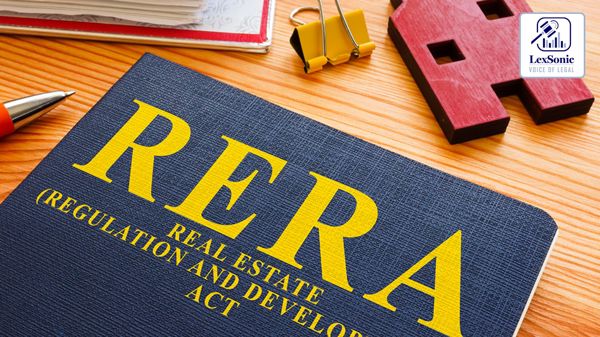Landowner Victory: Bombay HC Rejects MHADA's "Dangerous Building" Claim.
03 April 2025
RERA >> Property & Real Estate
In a significant ruling of Vimalnath Shelters Private Limited, Mumbai & Others v/s The State of Maharashtra, Mumbai & Others., that underscores the importance of procedural fairness and legal compliance, the Bombay High Court has quashed notices issued by the Maharashtra Housing and Area Development Authority (MHADA) concerning the redevelopment of a chawl in Worli Naka, Mumbai. The court's decision protects the rights of the landowner, Petitioner No. 1, and highlights the stringent requirements for declaring a building "dangerous" under relevant statutes.
The case centered around a notice issued under Section 79-A of the Maharashtra Housing Area Development Act, 1976 (MHADA Act), which allows MHADA to initiate redevelopment if a building declared "dangerous" by the Mumbai Municipal Corporation (BMC) or a competent authority is not redeveloped by the owner. The Petitioner, owner of the "Shoorji Vallabhdas Chawl," challenged the notice, arguing that it was issued without proper legal basis and procedural compliance.

Key Issues and Court's Findings:
The High Court, in its judgment, highlighted several critical issues:
- Lack of Proper "Dangerous" Declaration: The court found that the building was not officially declared "dangerous" by the BMC or a competent authority as required under Section 354 of the Brihanmumbai Municipal Corporation Act, 1888 (BMC Act). The notice was based solely on a visual inspection and the building's age, without a structural audit or proper documentation.
- Procedural Non-Compliance: The court emphasized that MHADA failed to follow the procedural requirements outlined in Section 354 of the BMC Act, which mandates specific steps before issuing a notice, including obtaining owner information and conducting proper assessments.
- Misinterpretation of "Competent Authority": The court clarified that the "competent authority" under the MHADA Act is a person appointed by the State Government, not merely the MHADA board, as MHADA had assumed.
- Tenant's Malafide Intent: The court observed that the tenants appeared to be deliberately withholding consent to the landowner's redevelopment plans in favor of a different developer offering them greater incentives, thus frustrating the landowner's rights.
- MHADA's Undue Haste and Bias: The court criticized MHADA for acting in undue haste and at the instance of the tenants and their chosen developer, failing to consider the landowner's rights.
- Necessity of Reasons for Consent Refusal: The court stated that, if the tenants refuse the 51% consent, the authority must provide the reasons for such refusal, and if the refusal is due to oblique motives.
Court's Decision and Implications:
The High Court quashed the notices issued by MHADA, ruling that they were invalid due to non-compliance with statutory requirements. The court emphasized that mere age does not make a building dangerous and that proper procedures must be followed.
This ruling underscores the judiciary's commitment to protecting landowners' rights and ensuring that administrative actions are taken within the bounds of the law. It also serves as a reminder to authorities to adhere to procedural fairness and legal compliance when dealing with redevelopment matters.
Unusual Request for Stay:
Following the judgment, both MHADA and the tenants' counsel requested a stay on the order, which the court granted for two weeks. The court expressed surprise at MHADA's request, emphasizing its duty to uphold the law.
Section 79, MAHARASHTRA HOUSING AND AREA DEVELOPMENT ACT - 1976
MAHARASHTRA HOUSING AND AREA DEVELOPMENT ACT, 1976
